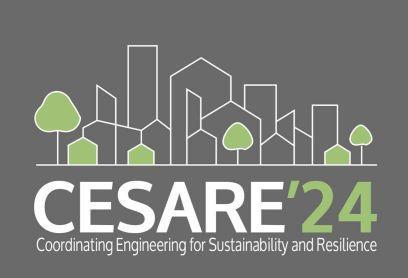Speakers
Description
Shunted piezoelectric systems needed a careful optimal design in order to have the required performance. This performance is referred to the damping of critical eigenvalues of the host structure and can be tuned by computational experiments. The model of the electromechanical system is usually based on finite elements and is created using Multiphysics finite element codes. Numerical global optimization is used, namely particle swarm and genetic algorithms for finding the minimum cost and the best values of the design variables. Optimal design parameters are referred to the total electromechanical system. In particular, parameters from both mechanical and electrical subsystems are studied like the electrical circuit values and the material properties of the host structure. Due to the many involved parameters, the optimal choice of their values requires the usage of numerical optimization. Since this approach is computationally expensive, replacement of the system with a suitably designed metamodel, or a reduced order model is considered. The metamodel can be based on ARMAX or neural network tools. At first, the structural data are given, next the tools are suitably trained, and thus the desired results are gained. This reduced-order model in combination with numerical optimization can lead to acceptable results with respect to damping performance, as it will be shown by numerical experiments.
| Keywords | Structural Engineering, Vibration control, piezoeletric materials, shunt circuits, digital twins, reduced-order-models |
|---|---|
| Topics | Design strategies for product design and engineering |

